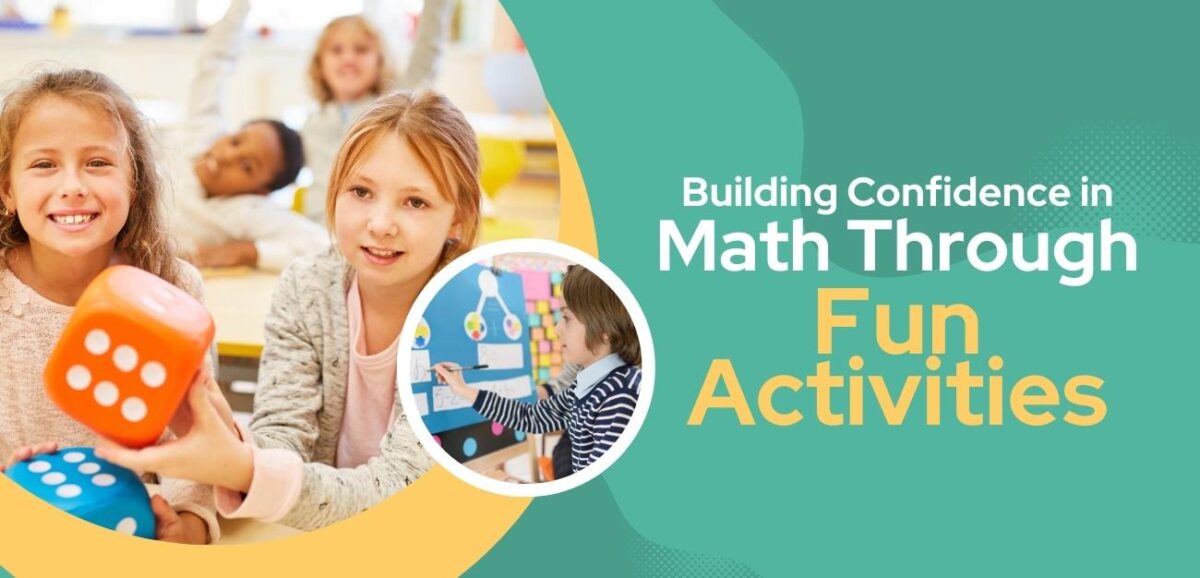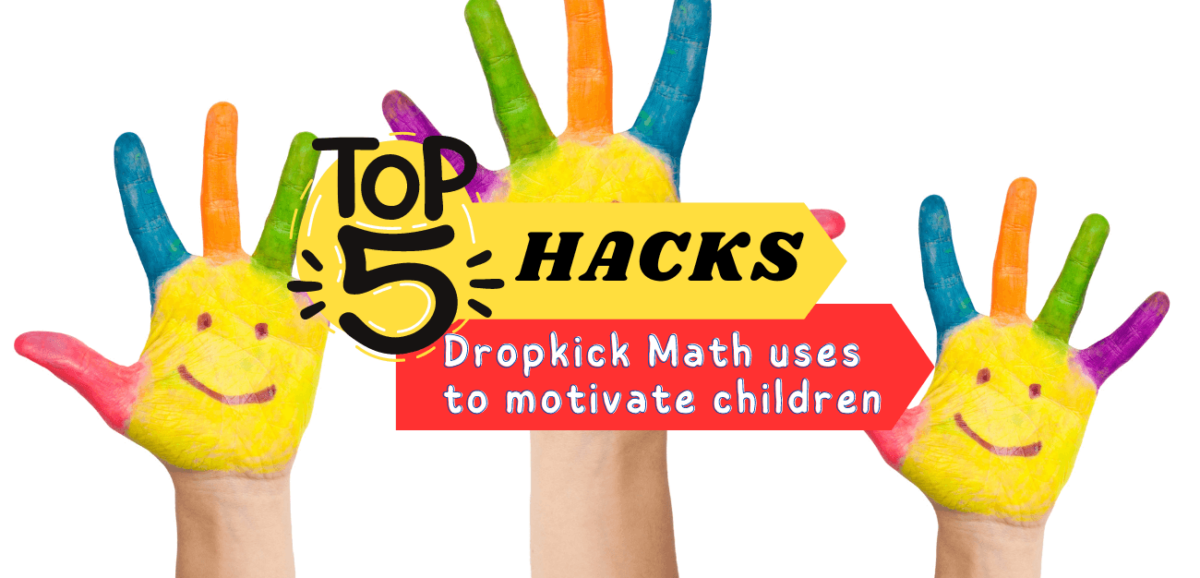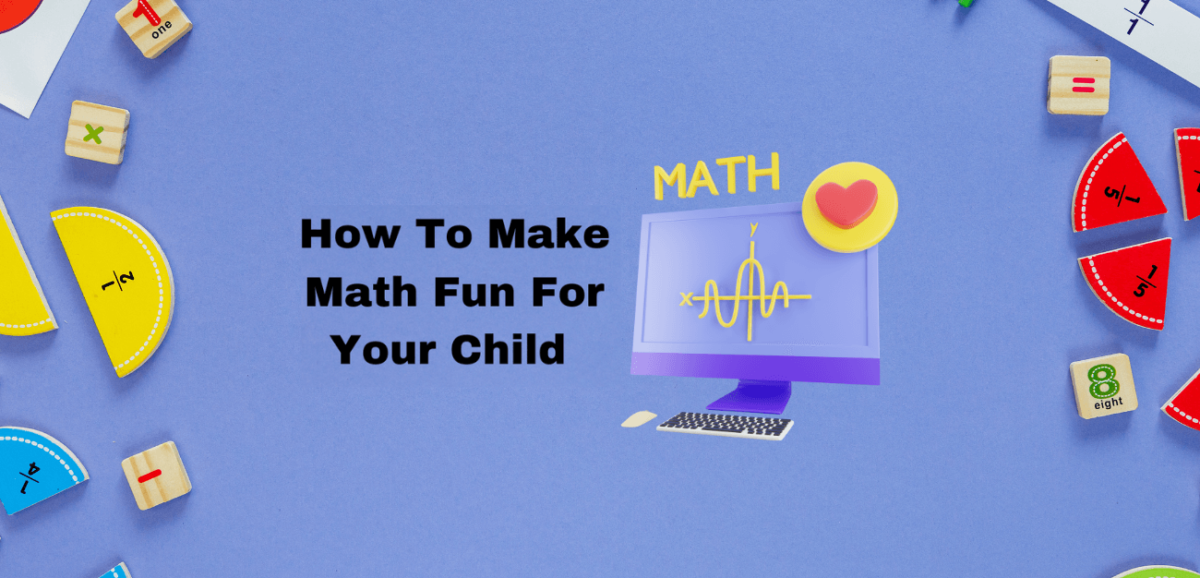Welcome! You’re undoubtedly aware that math can be one of the most challenging subjects for children to grasp. Often, it’s not the subject itself that’s the crux of the problem, but the approach that dulls their interest. What if we told you there’s a different way? A way to build your child’s confidence in math through fun […]






